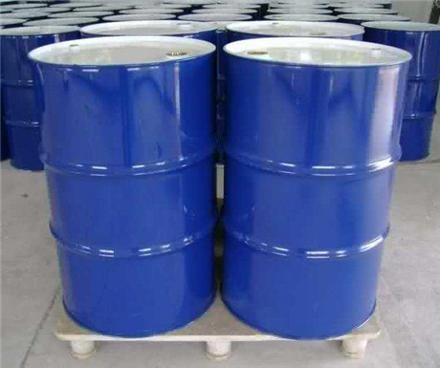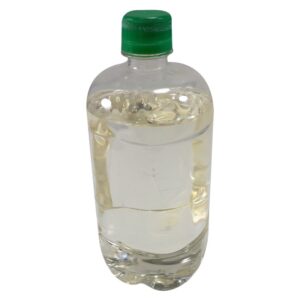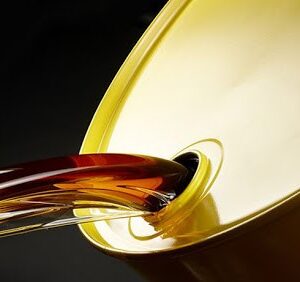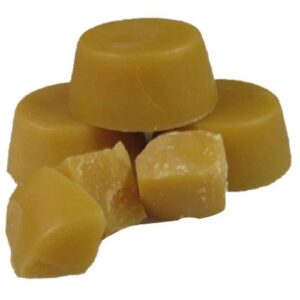Description
General information about oil thinner
Oil thinner is a type of chemical substance that, as its name suggests, is combined with oil-based paints and can generally improve the quality of paint. By combining thinner with oil paints, you can easily paint wooden surfaces and metal objects, but the only use of oil thinner is not in combination with oil paints. This product is also used in various other fields. In general, this type of thinner is a flammable, colorless, and transparent liquid that is known as a type of petroleum hydrocarbon. Thinner has various sub-branches, one of these sub-branches is known as oil thinner and has wide uses in various industries. In this context, we intend to talk to you completely about the features of this product. For more information, we suggest you follow us to the end of this content.
Usage of oil thinner
We told you earlier that oil thinner is usually used to combine with oil paints. This product can be used to dilute oil paints and generally increase the quality of paint. In general, in the paint industry, oil thinner is used to dilute paints, in the field of cleaning, this product is used to clean all surfaces from colored stains, and in other industries to clean equipment and tools. This product can increase the adhesion of paint and generally increase the quality of the painting. In addition, this product can be very helpful in preventing the paint from drying and hardening. This product consists of the integration of several different solvents such as acetone, butyl acetate, and ethyl acetate.
| paint industry | used to dilute paints |
| the field of cleaning | used to clean all surfaces from colored stains |
| other industries | clean equipment and tools |
Usage of thinner
Technical data sheet & chemical Formula
The chemical formula of oil thinner is C4H8O. In general, this product has good evaporation power and can be easily dissolved in any type of color with any concentration in addition to maintaining the glossiness of the colors. This product has a very high viscosity and a rather unpleasant smell. You should pay attention to the type of color that is going to be used for using this product so that you can choose the best option.
| Chemical formula | C4H8O |
| Physical States | Liquid |
| Boiling Point | 298.00 F – 400.00 F |
| Autoignition Pt | 446.00 F |
| Specific Gravity (Water = 1) | 0.78 |
| Vapor Density (vs. Air = 1) | 4.7 |
| Flash Pt | >= 101.00 F |
How is packing of oil thinner?
Anyway, oil thinner is one of the derivatives of oil. For this reason, it has inherited the characteristics of the oil. Due to these factors, different types of thinners can reach consumers in plastic or metal barrels just like oil. Due to the extensive use of oil thinner in various fields, you can buy this product in packages of several hundred liters or tens of liters. Fortunately, manufacturers are also trying to help consumers by diversifying the packaging of these products so that they can buy and use the products they need without any waste.

Safety & warning & transportation
Different types of oil thinner must be kept in a closed container. These products are very volatile and if exposed to air, they evaporate quickly and combine with air molecules. So, to avoid wasting money and losing the purchased product, close the lid of the container tightly after each use to make sure that there are no holes or seams in the desired container. This product is highly flammable, so try to pay attention to the security factors in the place of storage of this product. Never pour oil thinner down the drain as this can be extremely dangerous. Also, the place where this product is used must have very good ventilation. To move this kind of thinner, use containers with tight and sealed packaging because due to the volatility of this product, the presence of even very small seams can cause many problem.






Reviews
There are no reviews yet.